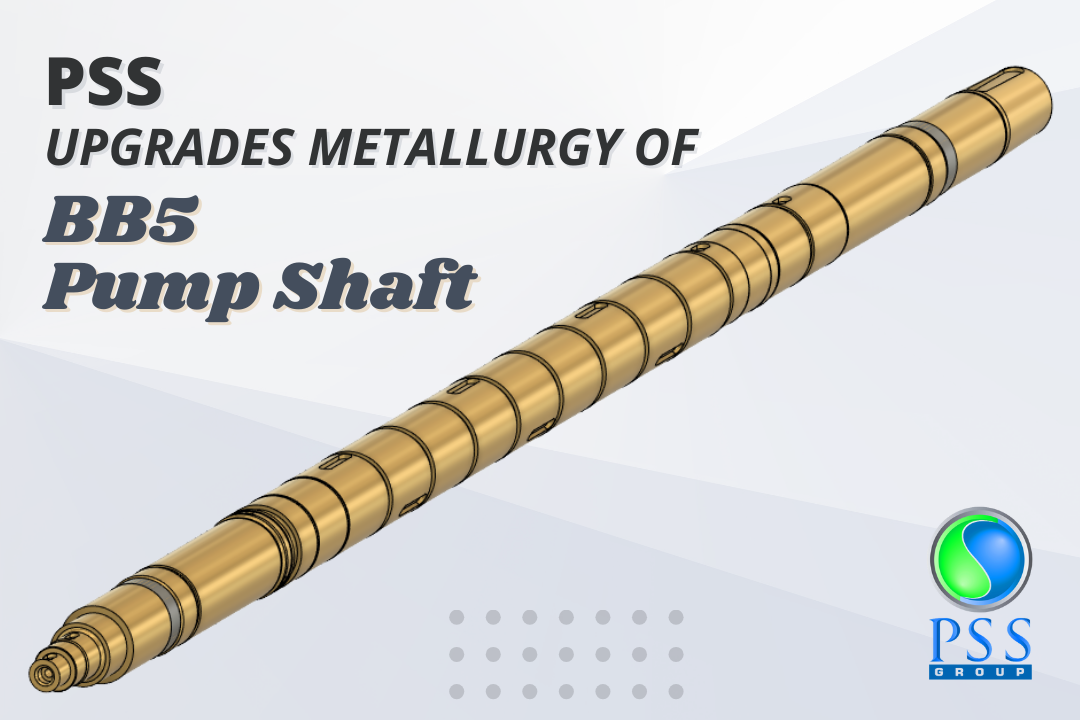“PSS Upgrades Metallurgy on BB5 Pump Shaft “
We are thrilled to share with you a special accomplishment at PSS – the successful manufacturing of a 2.85 meter BB5 pump shaft with a runout of less than 1 thou or 0.0254 mm, all achieved without any heat bending. What makes this even more special is the use of 17-4 PH material that was used to upgrade the shaft. This achievement represents an important advancement in our engineering workshop capabilities – and we are excited to tell you the incredible story behind it.
A major refinery in Thailand recently contacted PSS to reverse engineer a BB5 pump shaft as their existing OEM shaft had recently sheared into 2 pieces. There can be many possible reasons for this failure – misalignment, overloading, pump operation conditions, corrosion, frequent start/stops, imbalanced impeller, etc. The maintenance team, after a thorough investigation, ruled out all of these possible reasons. One possible reason which was left was defects in the shaft material or improper manufacturing processes applied.
The raw material originally used to manufacture this shaft was 12% chrome. We agreed with our customers to upgrade the material to 17-4 PH, a martensite precipitation hardened stainless steel with 15-17.5% chromium. Manufacturing martensite shafts can be challenging due to the hard and brittle microstructure that forms in stainless steel through a specific heat treatment process. This makes machining difficult due to hardness. Achieving the necessary surface finish is important to reduce friction and wear – this requires additional finishing processes. For such a long shaft, maintaining a dimensional stability can be difficult during the machining process due to tooling and thermal effects.
To address these challenges, PSS decided to implement meticulous quality control measures. Our engineers first decided to source the best 17-4 PH material available in the market with a heat treatment condition of 1150 F. This heat condition provides the best strength to toughness ratio. It was then decided to limit the shaft run out to less than 1 thou during the manufacturing process. To prevent any microstructure weakness, PSS engineers further decided that no heat will be applied to bend the shafts to achieve the low run-out specifications. Special tools were used in the manufacturing process so that they do not wear due to the hardness of the 17-4 PH. The vibration probe areas were properly burnished and demagnetised to achieve the required EMRO specification.
We are very pleased with the quality that went into the manufacturing of such a critical component and are confident this will offer a long term solution to our valued customers.

